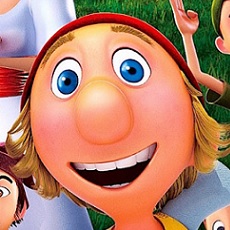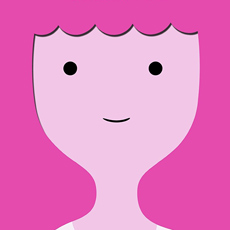Global Screen (2014), Shout! Factory (August 18th, 2015), 1 DVD, 88 minutes plus supplements, 1.78:1 Ratio, Dolby Digital 5.1, Rated PG, Retail: $16:97
Storyboard:
Princess Rose has been wearing a suit of armor her entire life because her father is paranoid about a spell that the witch Dellamorta left on her as a baby. If she cuts her finger on a pointy object before her eighteenth birthday, she and her entire kingdom will fall asleep for 100 years (sound familiar?). Unfortunately, Bobo, a dwarf who can’t tie his shoes (yes, that’s a plot point in this movie), accidentally causes for Rose to get pricked though his own stupidity just before the curse is set to expire. The only way to fix things is if Bobo and his band of dwarfs embark on a perilous journey to Dellamorta’s castle, where her true love, Jack (of the beanstalk?), is being held prisoner by a supposedly savage fire-breathing dragon. Can Bobo and his friends bring back Jack so he can kiss Princess Rose and wake everybody up? Or will Dellamorta succeed in getting revenge against the King who betrayed her many years ago?
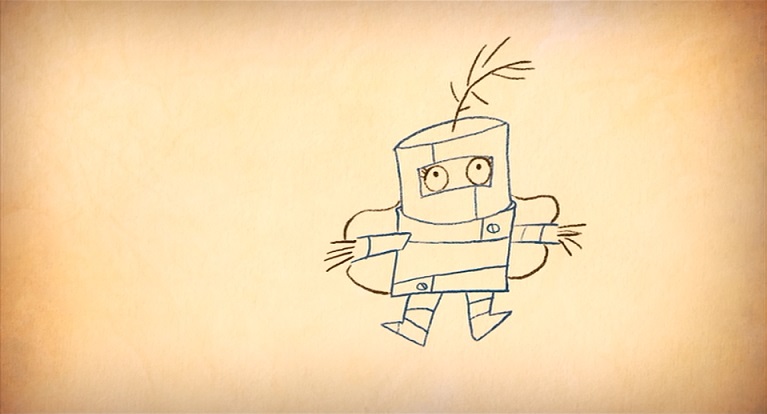
The Sweatbox Review:
Let’s go back in time to the late 1980’s. Filmation Associates, the production company behind He-Man and the Masters of the Universe and She-Ra: Princess of Power, released a movie called Pinocchio and the Emperor of the Night on Christmas Day, 1987. Unlike some of the theatrical features that the studio put out, this film was not intended to help launch an upcoming TV show, but to make a quick buck off of the Disney brand name without technically violating any copyrights laws. In this case, the movie was to serve as an unofficial “sequel” to Walt Disney’s 1940 classic, sending the titular puppet on a journey to defeat a villain voiced by James Earl Jones. Even though the film was a financial disaster, Filmation decided to try the same strategy again regardless, starting work on a “sequel” to Disney’s Snow White & the Seven Dwarfs.
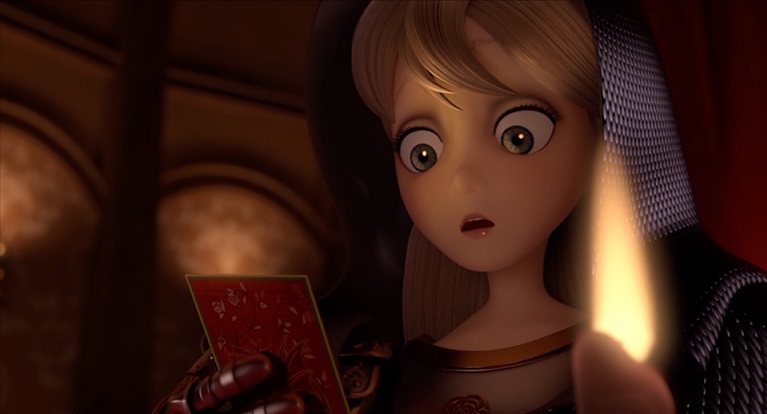
This time, however, Disney wasn’t going to let things slide, and took the matter to court, demanding that the characters not look like their Mouse House counterparts. This resulted in the movie being delayed until 1990, but the film’s problems were only just beginning. Only days before its intended Easter opening, Snow White in the Land of Doom, as it was originally called, found itself abruptly pulled from theaters. The reason? Test screenings of the film were supposedly so poor that the distributor wanted nothing to do with it. With the movie completed and Filmation virtually out of money, Snow White in the Land of Doom ended up being shelved, with the studio closing its doors for good later on that year. It wouldn’t be until more than three years later when the film, re-titled Happily Ever After, would finally see theatrical release, ironically just weeks before Disney’s final re-release of Snow White & the Seven Dwarfs in 1993. But, believe it or not, this lead to yet another scandal. The barely known First National Film Corporation became attached to distribute the film, promising that it would be “one of the biggest hits of the year” and claiming that tracking was indicating that it would make $50-$80 million at the box office. No such thing happened (Happily Ever After made a dismal $3 million), and the company would later be sued for lying to investors about their projections.
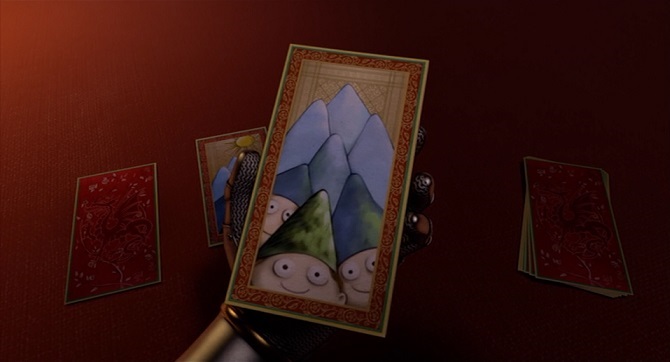
To be fair, Happily Ever After doesn’t quite live up to its notorious reputation, with the production history surrounding it ultimately being worse (and, let’s face it, more interesting) than the film itself. But even with that being said, it’s hard to imagine anyone seriously expecting for it to be a hit under any circumstances, controversy or not. Although the movie sported, according to its trailers, the “biggest all-star cast ever assembled for an animated feature,” it made bizarre use of its actors, casting Phylis Diller as a dancing Mother Nature and Ed Asner as a rapping owl. Having Irene “What A Feeling!” Cara as Snow White and Malcolm McDowell as the Evil Queen’s even more evil brother made a bit more sense, but nothing could save the film from its consistently confused nature, right down to the Seven Dwarfs being replaced by their seven female “cousins” with supernatural powers. You would think that, after all of that, no studio would ever try making an “unofficial” Snow White sequel ever again. But here we are, more than twenty years later, with a German production called The Seventh Dwarf, a movie that bears a strange resemblance to Happily Ever After while somehow feeling even more redundant.
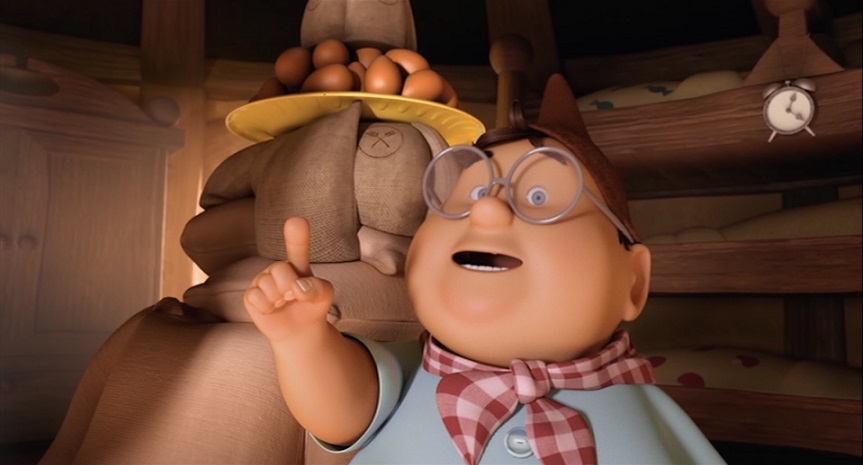
Just how redundant am I talking? Well, let’s look at the film’s band of dwarf heroes. Instead of Happy, we have “Sunny.” In Grumpy’s place, we have “Cloudy.” There’s another balding dwarf with glasses who seems to be their self-proclaimed leader. And the youngest of the bunch, Bobo, is also the clumsiest and most “Dopey.” In fact, the only real difference between Bobo and Dopey is that Bobo’s a lot more talkative. It might not be so bad if everything were being done in the name of parody, except that The Seventh Dwarf doesn’t seem to see itself as a spoof…even when it’s trying to be like Shrek. And when it is trying to be like Shrek, then it’s just “borrowing” gags from that franchise (Puss in Boots shows up for some reason and exclaims “These boots are made for walking!” at one point). In the end, there’s barely anything in The Seventh Dwarf that feels even slightly original, with the final product not seeming like an actual movie so much as an imitation of one.
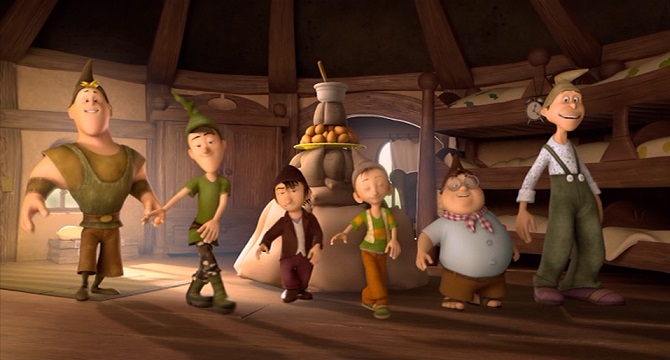
But for about, I dunno, maybe five minutes, The Seventh Dwarf at least feels like it might be “tolerable.” A traditionally animated prologue done in children’s style drawings gets things off to a nice enough start, and the set-up involving Princess Rose having to wear a suit of armor in order to avoid cutting herself creates a potentially amusing and clever take on the Sleeping Beauty story. But once we meet the main characters, everything falls apart. The dwarfs are introduced singing an obnoxious song about baking a cake (yes, I neglected to mention that The Seventh Dwarf is also a musical), but then Bobo shows up and ruins everything because he falls into things a lot. This results in the dwarfs having a “cake fight,” a sequence that only exists so the writers can throw in–wait for it–an extended Matrix reference, because apparently we haven’t had enough of those yet.
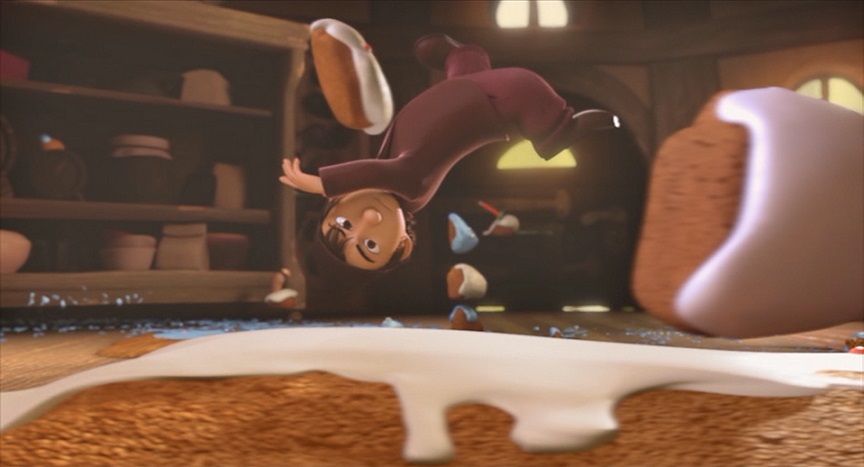
The entire movie works like this, unable to decide if it wants to play as a fractured fairy tale or not. Although a sticker on the DVD cover promises that the film is a “hilarious mash up of Snow White, Little Red Riding Hood, and more!”, those children’s story icons only show up for frankly confusingly random cameos. Red Riding Hood, for instance, is briefly seen hosting a”talk show” with the Big Bad Wolf (because, you know, Shrek did something similar!), only for the Big Bad Wolf to inform her that she looks “delicious” and begin hitting on her (are you laughing yet?). Then they’re both out of the movie until the finale. Princess Rose, in the same sequence, playfully guesses the dwarfs’ names after mistaking them for children (because, you know, Snow White did something similar!). Then she falls asleep and is also out of the movie until the finale. In the end, this is really the dwarfs’ show, making the film quite male-driven for a modern animated feature, with the only major female character being Dellamorta.
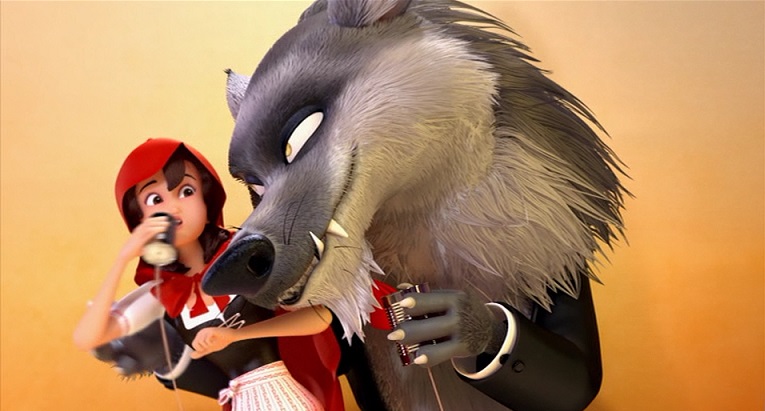
Then again, on that note, I’m not even sure if Dellamorta is meant to be female. Although she looks like a young woman, her voice sounds like that of an eighty-year-old, raspy, croaky, and strangely asexual. It could be that this is done to suggest that the character is much older than she appears, except that she walks around with a boa that she broadly flaunts around and is animated with exaggerated gestures, which makes me suspect that she’s intended to be a stereotypical transvestite. It’s very distracting, but making things even worse is that it’s hard to understand what she’s actually saying half the time. I was able to gather that she wanted to get back at the King because he promised her his hand in marriage years ago before giving it to someone else, but beyond that, she just seems to spend most of her scenes barking lines like “I smell dwarf!” and “I hate dwarf!” And when she’s not doing that, she’s making tired ice puns that would make even Mr. Freeze from Joel Schumacher’s Batman & Robin blush, going so far as to have an entire song full of them as she sings to the sleeping King (“Revenge is a dish that’s best served cold…ice cold!”).
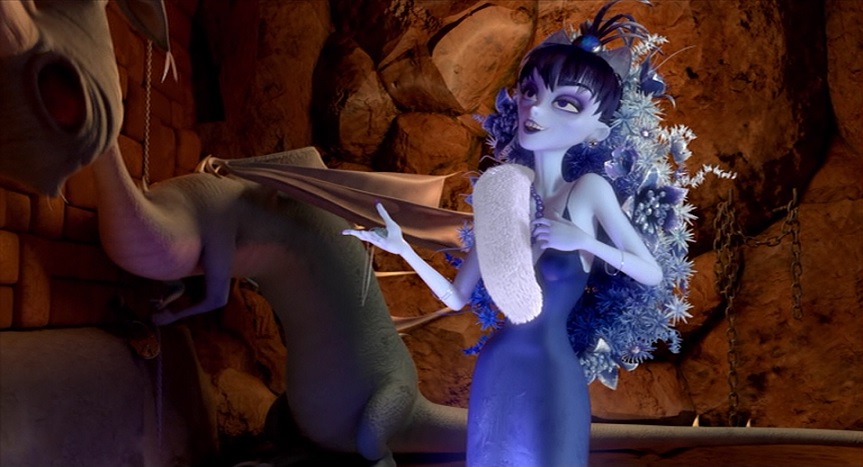
All of this could perhaps just be written off as harmless entertainment for little kids, though, if The Seventh Dwarf didn’t have some moments that aren’t just bizarre, but also questionable. During the third act, Bobo meets a gloomy dragon named Burner who won’t share his love of tap-dancing with the world because he’s afraid people will laugh at him for it. When Bobo does just that (jerk!), Burner goes on to–I’m not kidding–wrap a rope around his neck and prepare to kill himself. What follows is a “heartwarming” musical number in which the dwarfs try to talk him out of suicide…and that’s not even the most offensive scene in the film! Earlier in the story, the dwarfs come across a manatee wearing gold chains and a seal with a huge Afro. They have a rap music video on TubeYou (sigh) and do nothing but speak in jives. It goes without saying that the characters are meant to be African American (yet sound as though they are voiced by white actors), and since the film is clearly aimed at children, the sequence seems to be crossing some sort of line, even if calling it “racist” might be a bit of a stretch.

It may seem, at this point, like I am going off on various tangents here rather than offering a straightforward review of the actual film. But the truth of the matter is, apart from its more “surreal” aspects, The Seventh Dwarf offers very little to talk about, with a plot that is almost shockingly simple. The dwarfs are told that the journey to Dellamorta’s castle will be “full of danger and peril,” but they literally run into a grand total of zero obstacles on the way there, and they also manage to rescue Jack once they arrive without any problems to speak of. There are also plot holes galore. For example, during the film’s climax, Dellamorta consumes a magical potion that will make her “impossible to defeat,” but guess what happens to her just a moment after she does that? It doesn’t help matters that most of the dwarfs are rather unappealing as characters, with Bobo really just being an annoying guy who squeals everything he says and does one stupid thing after another. I’m not trying to claim that a bumbling animated hero can’t also be lovable (the recent and actually quite delightful Home is proof of that), but when your lead’s “character arc” is whether or not he’ll learn how to tie his shoes by the end of the movie, you know you have a problem.
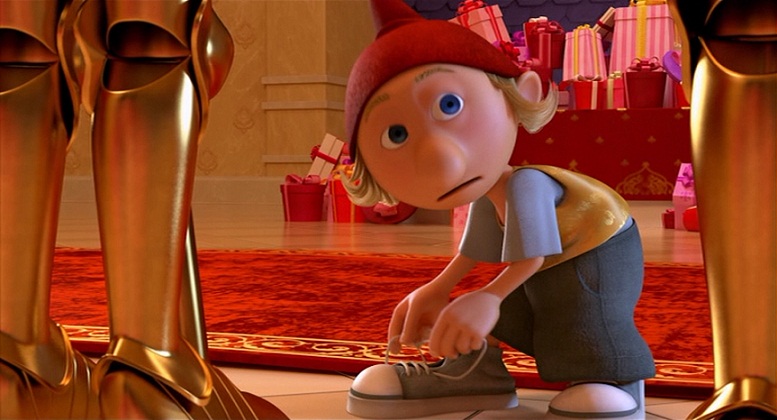
At the end of the day, The Seventh Dwarf is never able to breathe on its own, not feeling enough like a “sequel” to Disney’s Snow White to function as that, but not feeling unique enough to work as anything else. And while Happily Ever After is certainly more guilty of being a “rip-off” than this Dwarf is, it is also almost inexplicably better as a film. At least Happily Ever After, for all of its many flaws, had something resembling a story, and even had, once you got past the movie’s dubious commercial intentions, some positive messages to give the kids at home. The Seventh Dwarf doesn’t even offer that much, making it one of the most underwhelming animated films I’ve seen in a long time. Even lovers of bad movies are probably going to want to give this one a pass. Dopey indeed!
Is This Thing Loaded?
Believe it or not, The Seventh Dwarf actually comes with a few extras, even if none of them are of any importance. First up, we have two “Sing-a-Long” Songs, in case your kids feel like hearing the musical numbers Cake and Friend (what memorable song titles!) when the film is over. Next, there are Character Profiles, which are short biographies the viewer can skim through that I’m guessing have been pulled from the film’s promotional website. A Birthday Invitation Download is also included, which is exactly what it sounds like.
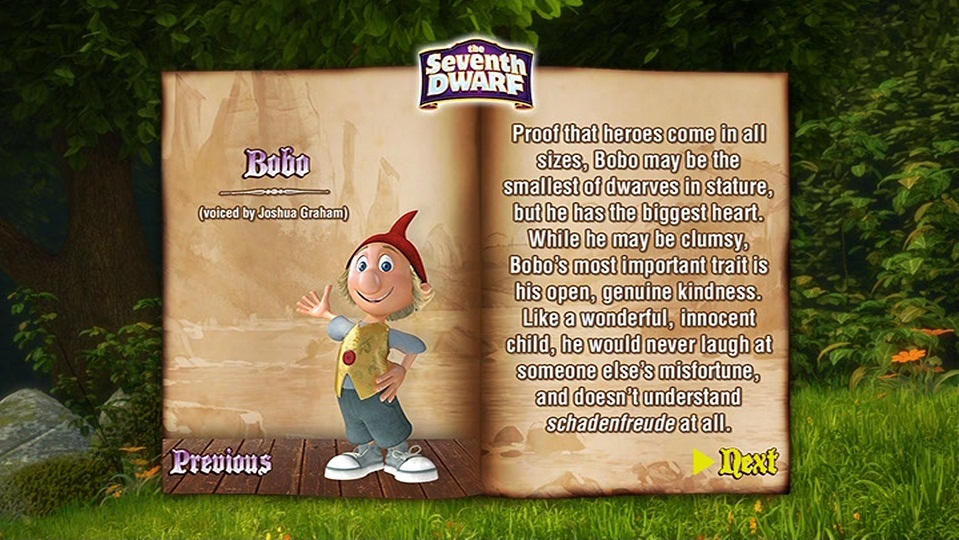
But wait, there’s more! The Seventh Dwarf also comes with a “behind-the-scenes” featurette…but before you get too excited, it is literally one of the most frivolous of its kind I have seen on any DVD, titled Fairy Tales with Peyton List and Norm MacDonald. List and MacDonald voice Princess Rose and Burner, respectively, and honestly they are the two best members of the cast…even though they are both barely in the movie. Here, we have them being interviewed behind the microphone, but it’s telling that neither of them spend much time actually talking about the film. In fact, they spend almost the entire featurette discussing their favorite fairy tales growing up. List seems happy enough when she talks, but MacDonald seems perfectly aware that he is working on a dud, “jokingly” thanking the viewer for buying The Seventh Dwarf before stating that he hopes that “everyone watching tells all their friends about it.” It’s almost embarrassing.
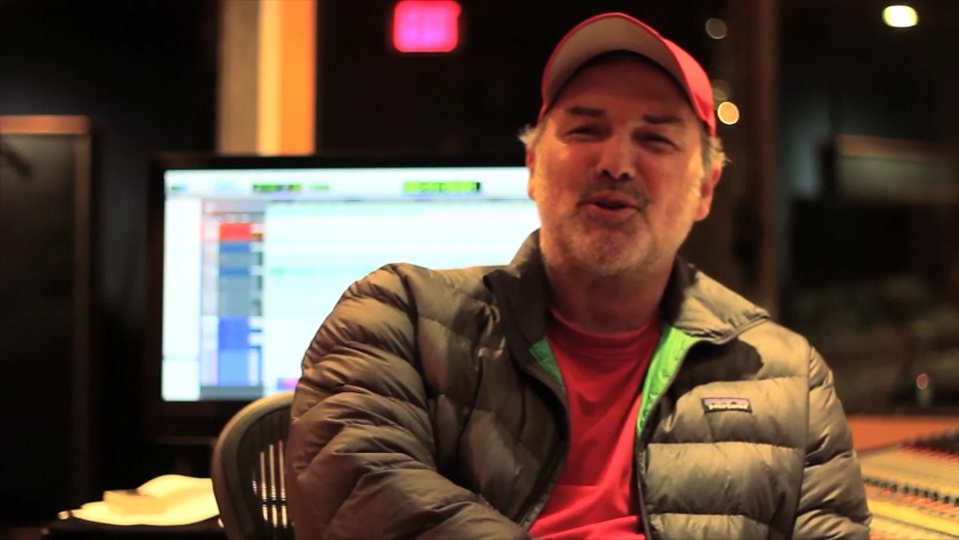
Case Study:
Somewhat surprisingly given that the movie is pretty lousy, The Seventh Dwarf actually comes in a really nice package, arriving in a slipcover surrounding a clear plastic case. But when you open it up, you’ll find artwork of all of the film’s characters spread throughout the case’s interior. Nice! And unlike Disney and Paramount titles that come out today, The Seventh Dwarf even has disc art, which isn’t just a cropped version of the cover, but another unique picture of the seven dwarfs. Also nice! Why can’t good movies get this kind of treatment more often?
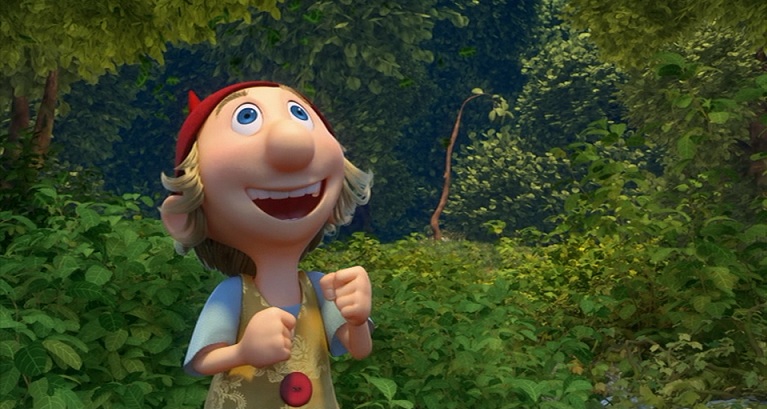
Ink And Paint:
Visually uneven from start to finish, The Seventh Dwarf alternates between looking really good and looking fairly average…much like the animation in the movie itself. The brighter the scene, the better this looks, with greens and blues almost exploding off the screen at certain points. Unfortunately, The Seventh Dwarf also has a lot of scenes that either take place in dimly lit castles or caves, and these moments aren’t nearly as impressive, with colors and characters almost blending into each other at some parts. Still, it’s a solid if not inconsistent presentation (Note: The Seventh Dwarf is also available as a 3D Blu-ray, but we were given a DVD copy of the film as our screener).
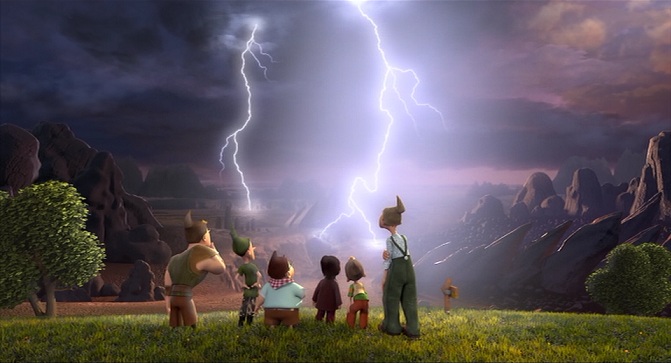
Scratch Tracks:
Loud. That is pretty much the best way to describe this. Sound is booming on this release, even during “quieter” moments, requiring the viewer to constantly have their remote control at the ready in order to adjust the volume. It’s notable that I do not have a surround sound system at home, but even when watching it in 2.0, it’s a still a very noisy track. It’s quite possible that on Blu-ray everything is a bit more “balanced,” but on DVD, at least, the musical score occasionally comes close to overpowering dialogue, and vice verse. Curiously enough, while a French language track is included, the original German audio isn’t…which especially doesn’t make sense since the film’s credits are all in German even on the English dub.
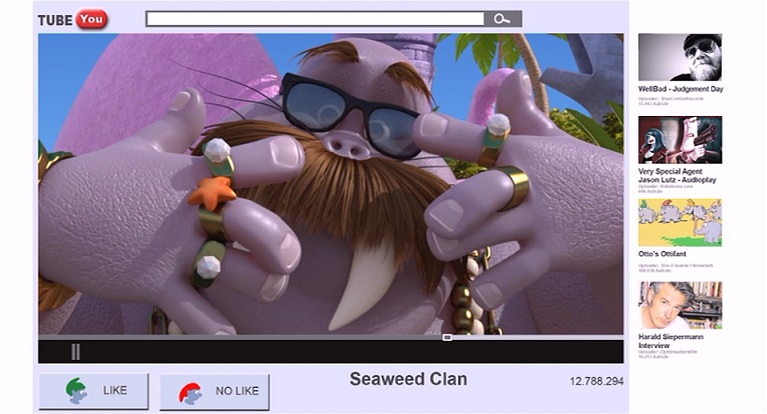
Final Cut:
There are worse Disney knock-offs out there (I’ve seen Quasimodo grow wings out of his back and fly away in The Secret of the Hunchback), but that doesn’t do much to excuse The Seventh Dwarf from being an almost inconceivably lazy film. While watching it, I wondered who it was even meant to appeal to, as most of the “grown-up” gags seem unlikely to amuse most adults, and even kids will probably notice that it’s “inspired” by much better movies that they’ve already seen. Even as a DVD release it comes up pretty short, with the only notable extra on the disc being a two-minute featurette of no value. Having said that, the video and audio are both mostly satisfying, and the movie does have some “decent” enough animation, particularly the character animation of Dellamorta. Still, the least annoying aspect of this movie is Norm MacDonald as a potentially suicidal dragon, which should be enough to tell you that recommending the film to anyone is a rather difficult task. Skip it…unless you want to watch a movie that will leave you feeling very “Grumpy” when it’s over.
 | ||
 |


